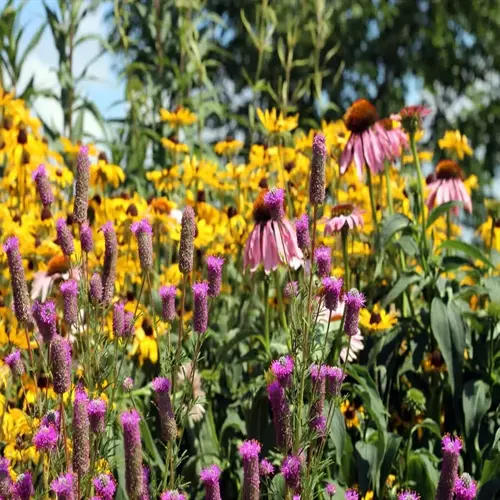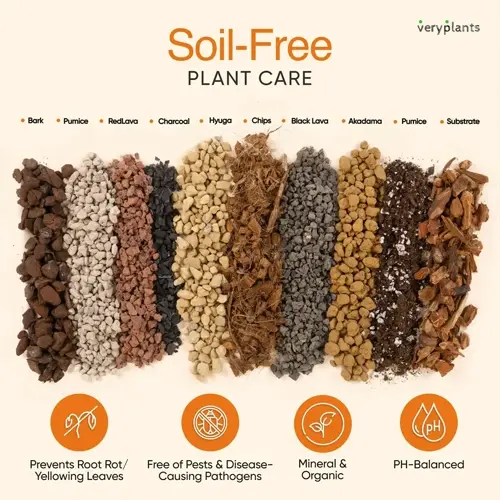What are effective natural pest control methods?

Written by
Benjamin Miller
Reviewed by
Prof. Samuel Fitzgerald, Ph.D.Utilizing natural pest control protects your plants from pests and keeps container gardens thriving, without the use of toxic chemicals. These pest control solutions not only protect your plants, but it is also safe for humans and pollinators. Organic approaches can effectively manage common pests. You can start by employing preventive methods to prevent pest infestations.
Neem Oil Applications
- Effectiveness: Controls aphids, mites, and fungal diseases
- Application: Mix 2 tsp per quart water spray every 7 days
- Safety: Non toxic to bees when applied at dusk
- Tip: Add mild soap to help mixture adhere to leaves
Physical Barriers
- Copper tape: Creates electrical barrier repelling slugs and snails
- Row covers: Protect plants from flying insects like cabbage moths
- Diatomaceous earth: Sharp particles deter crawling pests
- Installation: Apply barriers before pest season begins
Companion Planting
- Garlic proximity: Repels aphids when planted near roses
- Marigolds: Deter nematodes in vegetable containers
- Basil companions: Protects tomatoes from hornworms
- Placement: Interplant throughout containers not just borders
Apply permethrin treatment to your gardening clothing for tick protection. Be sure to treat hats, gloves, and socks as instructed on the product label. This will minimize your exposure to tick bites while working close to your tick habitat (containers). Permethrin can be reapplied after six washes and remains an effective treatment.
Preventative actions can dramatically lessen pest scenarios. Always inspect new plants before including them in containers, and clean gardening tools to avoid disease. Remove fallen leaves quickly, so pests do not have a hiding spot. Healthy plants are more resistant to pests than stressed plants.
Good insects are your friends. A ladybug can be attracted with flowers that are high in nectar, for example, alyssum. Lacewings will eat aphids when you provide them with a safe harbor. Preserve these helpers by avoiding broad-spectrum pesticides. I plant dill near containers to attract predators.
Read the full article: 10 Best Plants for Containers

